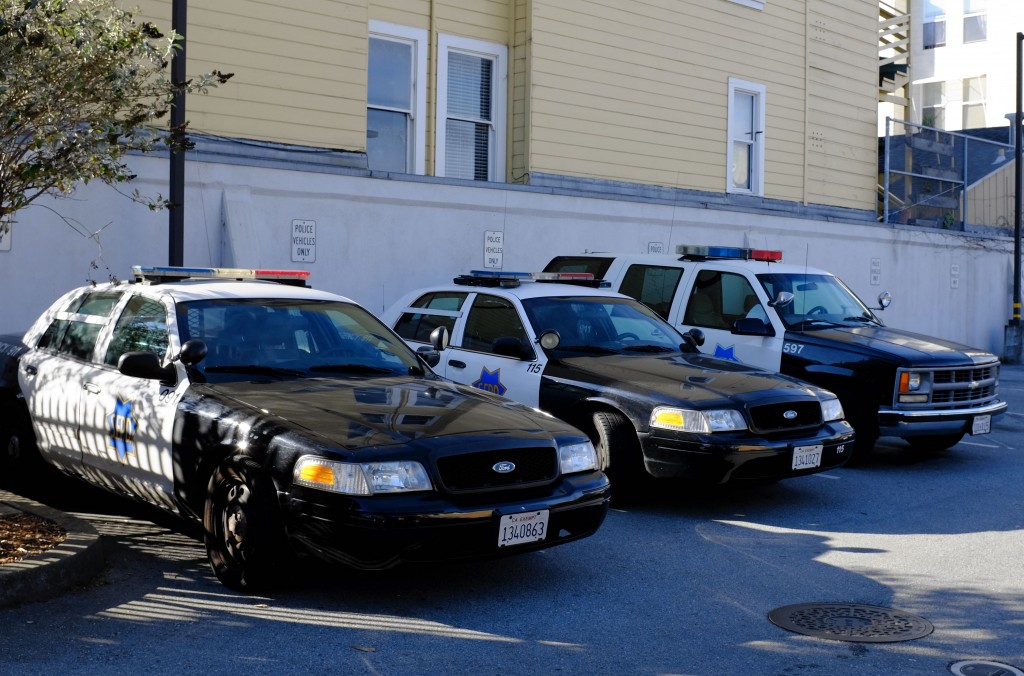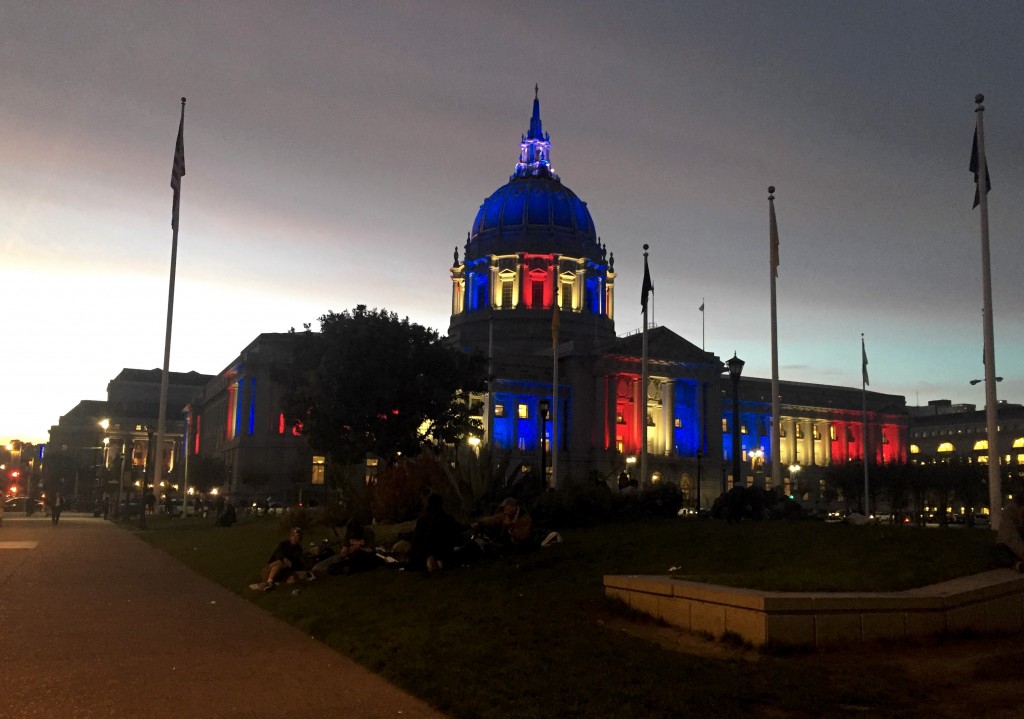
With auto break-ins, bike theft and complaints about homeless tent encampments on the rise, a Nov. 8 ballot measure is asking San Franciscans to decide if the police department should dedicate a special unit to respond to neighborhood street crime.
If passed, Proposition R would force the San Francisco Police Department to reassign at least 3 percent of officers to a “Neighborhood Crime Unit” once they are at full staffing – something that isn’t projected to happen until the end of 2017.
The roughly 60-officer team would investigate property crime such as theft and vandalism, and enforce San Francisco’s “quality-of-life laws,” which prohibit sleeping on the sidewalk or other public spaces. Currently, police chiefs decide how to allocate resources.
Board of Supervisors District 8 Representative Scott Wiener – who is also running for State Senate – said in an interview that he wrote the proposition as an “accountability mechanism” to ensure the police department addresses San Francisco’s “explosion of neighborhood level crime.”
Opponents of Proposition R – one of a record 24 ballot measures in San Francisco – argue it would criminalize the city’s homeless population, a strategy they say is both ineffective and expensive.

“Laws that regulate sitting or sleeping in public really only affect homeless people,” said Dilara Yarbrough, assistant professor of criminal justice studies at San Francisco State University, who co-authored a June study that surveyed over 350 homeless San Franciscans about their experiences with the police.
Proposition R, “would allocate more of existing police resources to the policing of homeless people, which is a waste of time, a waste of these police resources and hell to homeless people,” Yarbrough added.
Of those surveyed by the Coalition on Homelessness, an advocacy group, roughly 90 percent who were cited for a quality-of-life violation in the past year were unable to pay the associated fine or move indoors, causing them to relocate to another street or park, often a few blocks away.
The survey was released the same month a city study found that San Francisco spent at least $20.6 million in 2015 enforcing quality-of-life law violations by the homeless, with 90 percent of resources coming from the police department.
The report – a policy analysis commissioned by the Board of Supervisors – noted that police are the only city staff dispatched to these incidents even though they are not trained to evaluate the needs of homeless people or connect them with the social services provided by the city.
It recommended shifting the response to complaints about the homeless from the police to other agencies, including the new Department of Homelessness and Supportive Housing.
In light of these findings, homeless advocates like Yarbrough question why anyone would support policy that would increase police involvement with homeless issues.
When asked to respond to critics who said Proposition R targets San Francisco’s homeless, Wiener said: “That’s just completely and utterly false.”
According to Wiener, the proposition breaks the duties of the Neighborhood Crime Unit into two main categories. The first deals with property crime and street harassment, and the second with encampments and other homeless issues.
“We break that out as a separate category with the goal being not that these officers will criminalize people for being homeless but that the officers will partner with our health and human services agencies to get these people off the streets into services, into shelter, into housing,” Wiener said.

Wiener said he supports other initiatives to provide more services for San Francisco’s estimated 6,700 homeless, and has co-authored Propositions J and K, which would raise the city’s sales tax by three-quarters-of-a-percent in order to allocate an additional $50 million per year for permanent housing and other homeless services for the next 24 years.
While the growth of tent encampments is hard to quantify, the number of homeless grew 3.9 percent from 2013 to 2015, and quality-of-life incidents involving the homeless have risen by 34.8 percent in the same time period, according to the Board of Supervisors’ policy report.
The primary goal of Proposition R, Wiener said, is to mandate more community policing in which officers are required to get to know local neighborhoods and focus on the public safety issues that affect them. “This does exactly that,” Wiener said. “It pushes more beat cops into our neighborhoods.”
Mayor Ed Lee and the San Francisco Police Officers Association have endorsed the proposition. But not all police support it. Some say it lacks the necessary mechanisms to achieve its stated goals of increasing community policing or connecting the homeless with services.
“Prop R is illusory,” retired San Francisco Police Commander Richard Corriea said in an interview. “It shows no understanding of policing. It would provide no additional police services.”
Corriea, a 34-year veteran of the police department, said that the 60-officer unit would be far smaller than the number of police who currently work neighborhood beats as part of their normal duties. He also noted that the police department reaches full staffing, a requirement for the new unit to exist, about twice a decade.
“All Prop R would do is require that someone would have to keep a tick sheet and every so often they’d have to rename something and move a few people around on paper and that would be it,” Corriea said.
